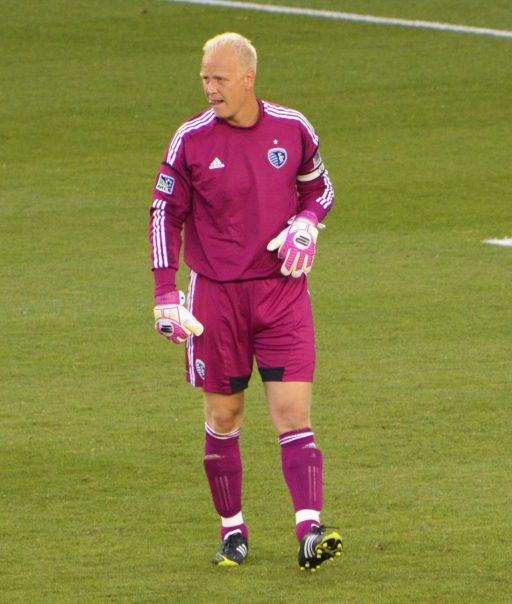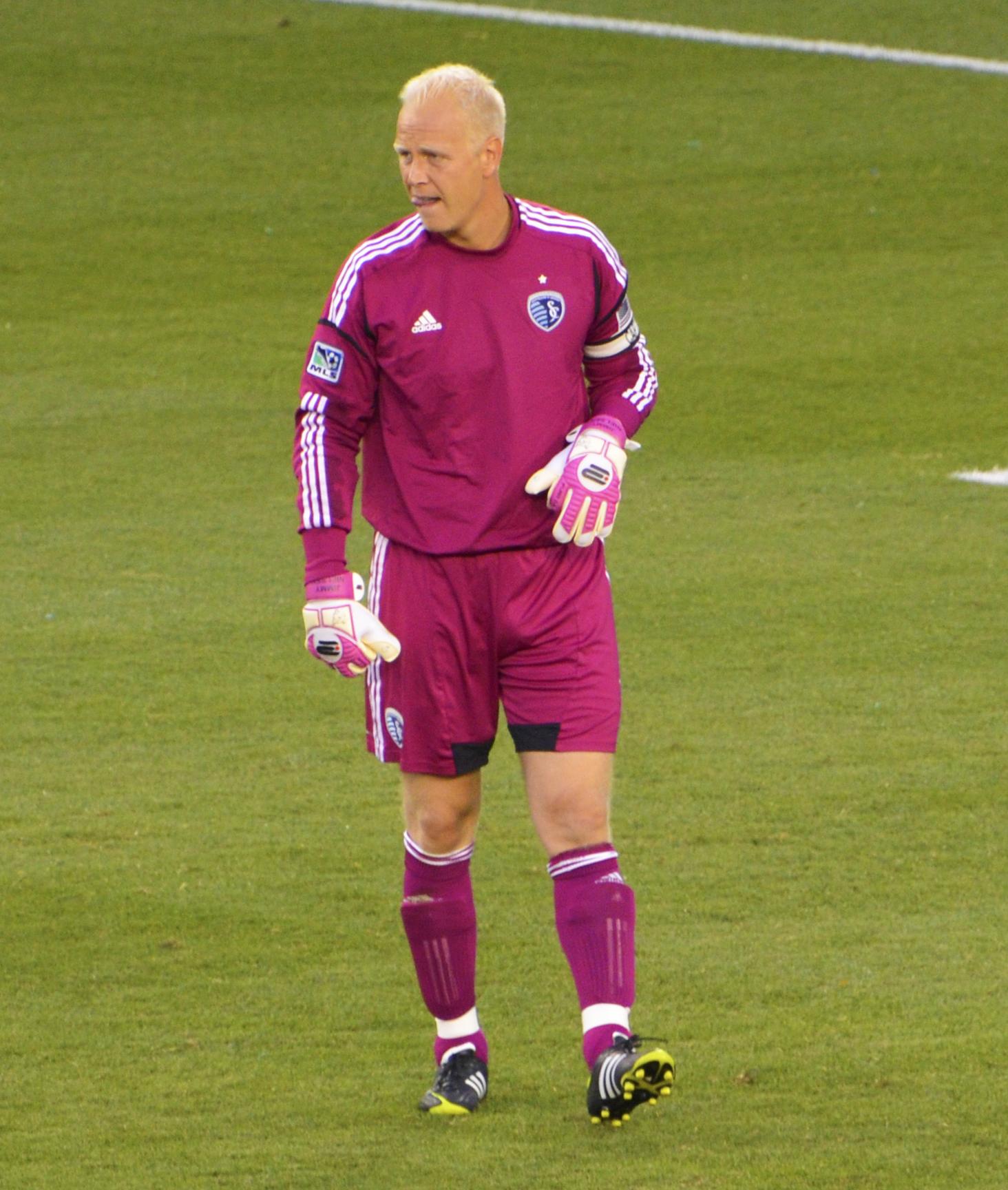Instant Access
No Waiting, Start Streaming Now
24/7 Support
Always Here to Help
Multi-Device
Watch on Any Screen
8K Quality
Crystal Clear Streaming


Instant Access
No Waiting, Start Streaming Now
24/7 Support
Always Here to Help
Multi-Device
Watch on Any Screen
8K Quality
Crystal Clear Streaming
In the ever-evolving landscape of professional football, the players on the pitch ofen become the focus of admiration and scrutiny. However, beneath their jerseys and goals lies a tapestry of personal stories, with family dynamics woven intricately into their careers. One such narrative unfolds within the realm of women’s soccer, particularly illuminated by the experiences of former Kansas City goalkeeper, Nicole Schult. Her reflections on motherhood and the challenges faced by female athletes in Europe raise crucial questions about the balance between personal aspirations and professional commitments. As Schult’s journey sheds light on a broader issue—how the expectations of elite clubs often overlook the realities of motherhood—this article delves into the intersection of gender, parenthood, and professional sports in a world that is still grappling with the implications of these dual roles. What does it mean for a mother to pursue her passion in a landscape that seems reluctant to embrace her dual identity? Join us as we explore the complex dynamics at play when football meets the basic responsibility of motherhood.
Casey Murphy and Adrianna Franch may grab headlines today, but former Kansas City goalkeeper Adrianna Schult has been making waves off the field with startling allegations about the treatment of mothers in European football. Schult claimed that some clubs in Europe subtly discourage signing female players who have or plan to have children. While major leagues like the NWSL led the charge with policies supporting motherhood, Schult hinted at a stark contrast overseas. According to her, certain European teams see balancing elite-level football and parenting as ”complicated branding” that could tarnish their public image.
| Europe vs NWSL | Key Insights |
|---|---|
| European clubs | Reported to favor non-mothers to avoid logistical complexities. |
| NWSL | Encourages inclusivity with family-pleasant policies. |
Balancing the pressures of professional soccer with motherhood presents unique hurdles, many of which remain unaddressed by sports organizations. Euro teams’ reluctance to embrace mother athletes stems from logistical concerns, such as accommodating childcare or scheduling conflicts, rather than recognizing the unbelievable resilience and multitasking abilities these women bring to the table. A lack of thorough maternity policies and support systems further compounds the issue, leaving mother athletes forced to choose between their careers and their families.
| challenge | Impact |
|---|---|
| Lack of maternity contracts | Reduced job security |
| Scheduling conflicts | Difficulty in balancing matches and parenting |
| Inadequate representation | Fewer role models for aspiring athletes |
The issue of gender discrimination within European soccer clubs goes beyond the field and into the personal lives of players. Former kansas City goalkeeper Almuth Schult has shed light on the challenges faced by women athletes in balancing their careers with motherhood. Many clubs still lack proper support systems,leaving mothers to navigate an unaccommodating habitat. Unrealistic expectations, lack of maternity policies, and unequal access to childcare resources have hindered progress, forcing some players to make tough decisions about their futures. Schult’s revelations underline cracks in the industry’s approach to inclusion, calling for urgent reforms in club policies.
Solutions are within reach,but they require proactive steps from organizations,governments,and sponsors alike.Clubs can implement initiatives such as:
| Club Support Policy | Benefits for Players |
|---|---|
| Maternity Leave | Job security and recovery period |
| Childcare Support | Improved focus during training |
| Flexible Scheduling | Work-life balance |
Breaking barriers in sports means creating a space where all athletes feel valued and supported, irrespective of their gender or life roles.The journey to inclusivity begins by recognizing unique challenges faced by women athletes,like balancing motherhood while competing at elite levels. Sports organizations can take meaningful steps toward equity by advocating for policies that accommodate athletes who are mothers, ensuring maternity support and stable career progression.
| Action | Impact |
|---|---|
| Offer childcare facilities at tournaments | Boost participation and athlete retention |
| design family-friendly team policies | Strengthen team culture and morale |
| Highlight role model moms in campaigns | Promote diversity and inspiration |
the narrative surrounding ex-Kansas City goalkeeper Nicole Schult reveals a complex intersection of ambition, personal choice, and societal expectations. As she articulates her journey, it becomes clear that the unique struggles faced by mothers in professional sports are often overlooked in the broader conversation about gender equality in athletics. Schult’s experience serves as a poignant reminder that while the world of European football is evolving, the reality for many female athletes remains shaped by lingering biases and conventional norms. Her story not only highlights the challenges of balancing motherhood with professional aspirations but also ignites a crucial dialog about the need for systemic change in the realm of sports. As we look to the future, it is vital that the football community continues to pave the way for inclusivity, ensuring that the dreams of all athletes, regardless of their parental status, are nurtured and supported on the pitch.
34,353
Live TV Channels
162,404
Movies
27,802
Series
284,023
Total Subscriptions
139,854
Users Online
142,887
Total Resellers

